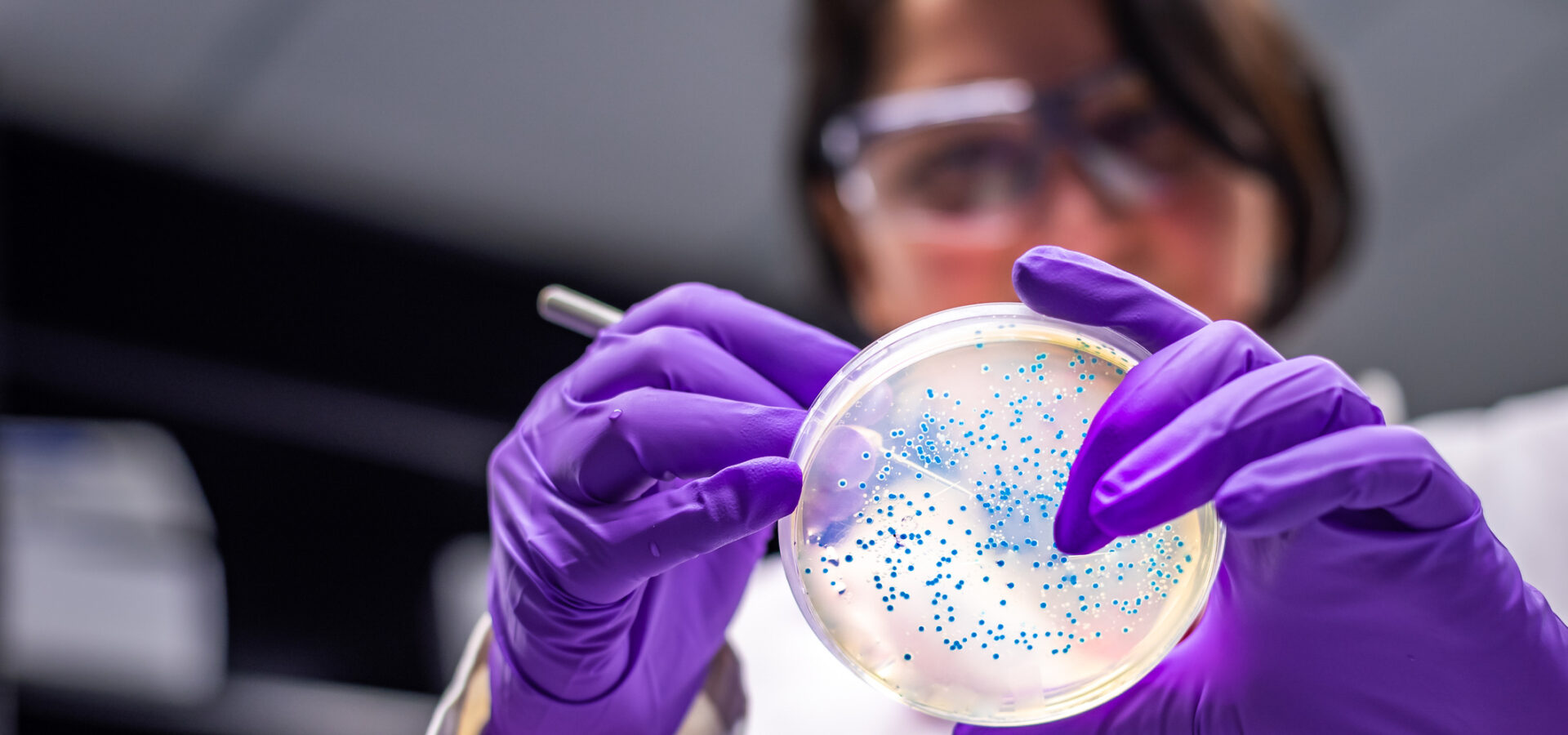Information courtesy of the Colorado Department of Public Health and Environment:
State and local public health officials are coordinating with the Centers for Disease Control and Prevention warning of a Shiga-toxin-producing E. coli foodborne outbreak associated with McDonald’s Quarter Pounders sold in multiple states, including Colorado. Based on case interviews and supplier information, McDonald’s has temporarily stopped producing the item at McDonald’s in some states, including Colorado. The CDC has announced 49 associated cases in people who reside in 10 states, including 26 cases in Colorado. One older person with underlying conditions in Colorado has died after contracting E. coli.
The CDC is coordinating a response among state public health agencies, other federal agencies, and the restaurant chain. While the specific source of contamination is still under investigation, early information from the Food and Drug Administration indicates onions may be a source of this outbreak. Fresh-slivered onions are primarily used on Quarter Pounder hamburgers, not other menu items. USDA is also looking into the beef patties on the Quarter Pounder hamburgers. The E. coli foodborne outbreak has been associated with multiple McDonald’s restaurants across Colorado.
Symptoms of Shiga toxin-producing E. coli infection can include:
- Severe stomach cramps.
- Diarrhea (often bloody).
- Vomiting.
- Fever.
- In severe cases, hemolytic uremic syndrome, a serious complication that can lead to kidney failure and death.
If you recently ate a McDonald’s Quarter Pounder and are experiencing these symptoms, contact a health care provider and report the illness in detail to the Douglas County Health Department using this form.
E. coli is a bacteria commonly found in the intestines of humans and animals. While most strains are harmless, certain types, including those that are capable of producing Shiga toxins, can cause severe illness. Most people with a Shiga toxin-producing E. coli (STEC) infection start feeling sick three to four days after eating or drinking something that contains the bacteria. However, illnesses can start anywhere from one to 10 days after exposure.
What to do:
- Monitor for symptoms. If you experience symptoms of Shiga toxin-producing E. coli (STEC) infections, contact a health care provider.
- Practice good hand hygiene. Wash hands thoroughly with soap and water after using the bathroom, changing diapers, or before preparing food.
- Do not prepare food for others while experiencing diarrhea.
Updates will be provided as more information becomes available.

